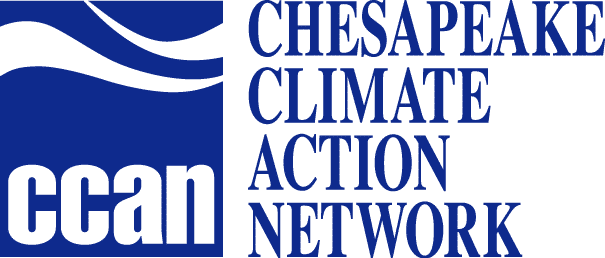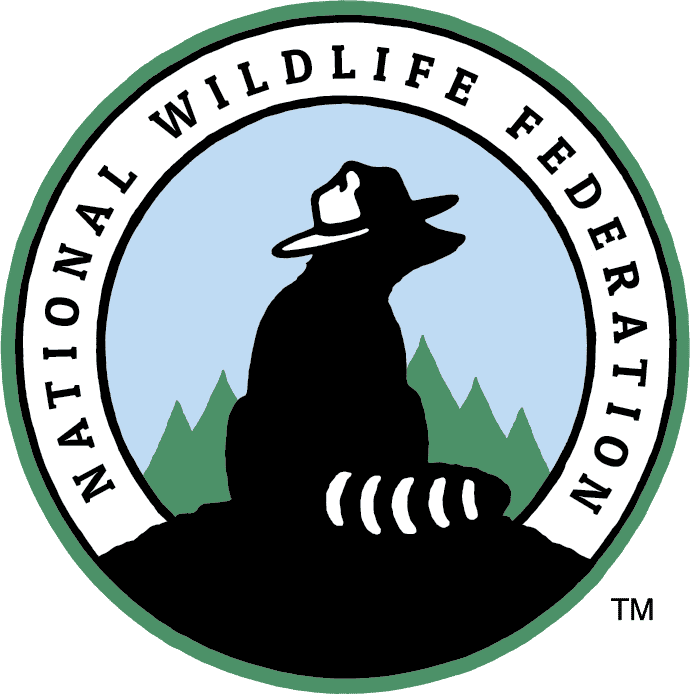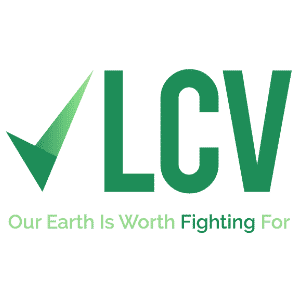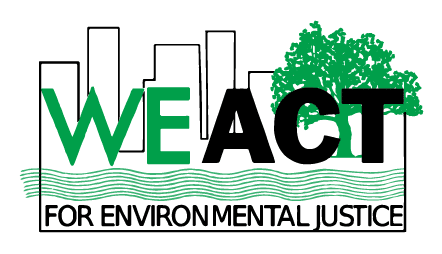As 2021 comes to an end, we look back at this year’s spotlight partnerships and the vital work our partners do to advance diversity, equity, inclusion, and justice both internally within their own organization and externally in their communities.

WWF’s vision as an organization is as diverse as the world they protect; where the richness of all their unique views, experiences, and backgrounds combine to create the most sustainable and inclusive conservation outcomes possible—bringing the greatest benefit to the planet and every person who lives on it.
In whatever work WWF engages in, they will draw upon their diverse experiences and perspectives to generate the most innovative solutions to the planet’s greatest conservation challenges. WWF will infuse the values of diversity, equity, and inclusion into theor planning, actions, and decision making.
To learn more about WWF, visit their spotlight page.

Our Climate mobilizes and empowers young people to educate the public and elected officials about science-based, equitable climate policy solutions that build a livable world. They are committed to doing the outer and inner work of DEIJ. Our Climate are ever-more-committed to addressing multifaceted, intersectional aspects of climate justice that disproportionately impacts frontline communities. Their commitment is not just to the issues themselves but to dismantle racism and build power within their own organization.
To learn more about Our Climate, visit their spotlight page.

Ocean Conservancy’s mission is to create science-based solutions for a healthy ocean and the wildlife and communities that depend on it. “To deliver on this mission requires a just and equitable future, and it requires more of us”, states Janis Searles Jones, CEO of Ocean Conservancy. Hear how Ocean Conservancy is delivering its mission, both internally in terms of how it operates, and externally in terms of how it incorporates justice and equity into its conservation and outreach work.
To learn more about Ocean Conservancy, visit their spotlight page.

The National Environmental Education Foundation (NEEF) is a non-partisan non-advocacy organization working to make the environment more accessible, relatable, relevant, and connected to the daily lives of all Americans. Diversity, equity and inclusion have been a part of NEEF’s fabric for many years. “As the nation’s leading organization in lifelong environmental learning, NEEF creates opportunities for people with varied perspectives and identities, to experience and learn about the environment in ways that improve their lives and the health of the planet,” saids Meri-Margaret Deoudes, President and CEO, NEEF. Hear how NEEF continues to build on this foundation, and learn what DE&I means to the organization.
To learn more about NEEF, visit their spotlight page.

The Chesapeake Climate Action Network (CCAN) is a grassroots, nonprofit organization dedicated exclusively to fighting global warming in Maryland, Virginia, and Washington, D.C. The organization understands that the climate crisis is a human issue, and one of the many systems of injustice that intersect to disproportionately burden, black and brown communities. “Here at CCAN, we know that there is no climate justice without racial justice”, states Kim Jemaine, the Virginia Director at CCAN. Hear how CCAN is working for equity both internally within their organization and externally with policy development.
To learn more about CCAN, visit their spotlight page.

The National Wildlife Federation (NWF) believes people’s experiences in the United States with cherished landscapes and wildlife has helped define and shape the nation’s character and identity for generations. In order to save wildlife and people, NWF understands it is critical to operationalize and embed equity and justice into their organizational policies, practices, and programs. Hear how NWF strives to increase diversity, equity, inclusion, and justice in all elements of their work and also the work with their partners.
To learn more about NWF, visit their spotlight page.
Earthjustice believes the most powerful tool for change is the law. As a nonprofit public interest environmental law organization, their work, whether through advocacy, litigation, partnership, awareness, or other mission-critical functions, consistently centers on the people they serve and the communities they protect. Learn how diversity, equity, and inclusion is inextricably linked to Earthjustice’s mission to protect the planet and defend the rights of all people for a healthy environment.
To learn more about Earthjustice, visit their spotlight page.

LCV (League of Conservation Voters) envision a world in which tackling the climate crisis, confronting environmental injustice, and strengthening our democracy lead to cleaner and healthier communities, good, well-paying jobs, and a more just, equitable, and sustainable planet for all. Their commitment to anti-racism is part of everything they do, both externally and internally, including holding discussions on important topics such as how Black communities have long been targets of environmental injustice.
To learn more about LCV, visit their spotlight page.

WE ACT for Environmental Justice was founded in 1988 to address the environmental racism impacting West Harlem. WE ACT remains connected to their Harlem roots, with more than 800 members supporting their mission to build healthier communities by ensuring that people of color and low-income participate meaningfully in the creation of just and equitable environmental policies and practices. WE ACT has grown to become a nationally recognized leader in the environmental and climate justice movements. It run programs throughout Northern Manhattan and advocate for policies at the city, state, and federal levels – having opened a Federal Policy Office in Washington, DC in 2012.
To learn more about WE ACT, visit their spotlight page.

NRDC (Natural Resources Defense Council) works to safeguard the earth—its people, its plants and animals, and the natural systems on which all life depends.
NRDC believes in an environmental movement that, at its core, seeks justice. We know that the climate and environmental crises fall hardest on groups that are already marginalized, including Black, brown, Indigenous, disabled and LGBTQIA+ communities and women. They also affect those vulnerable communities and countries around the world who have done the least to create these problems in the first place.
To learn more about NRDC, visit their spotlight page.